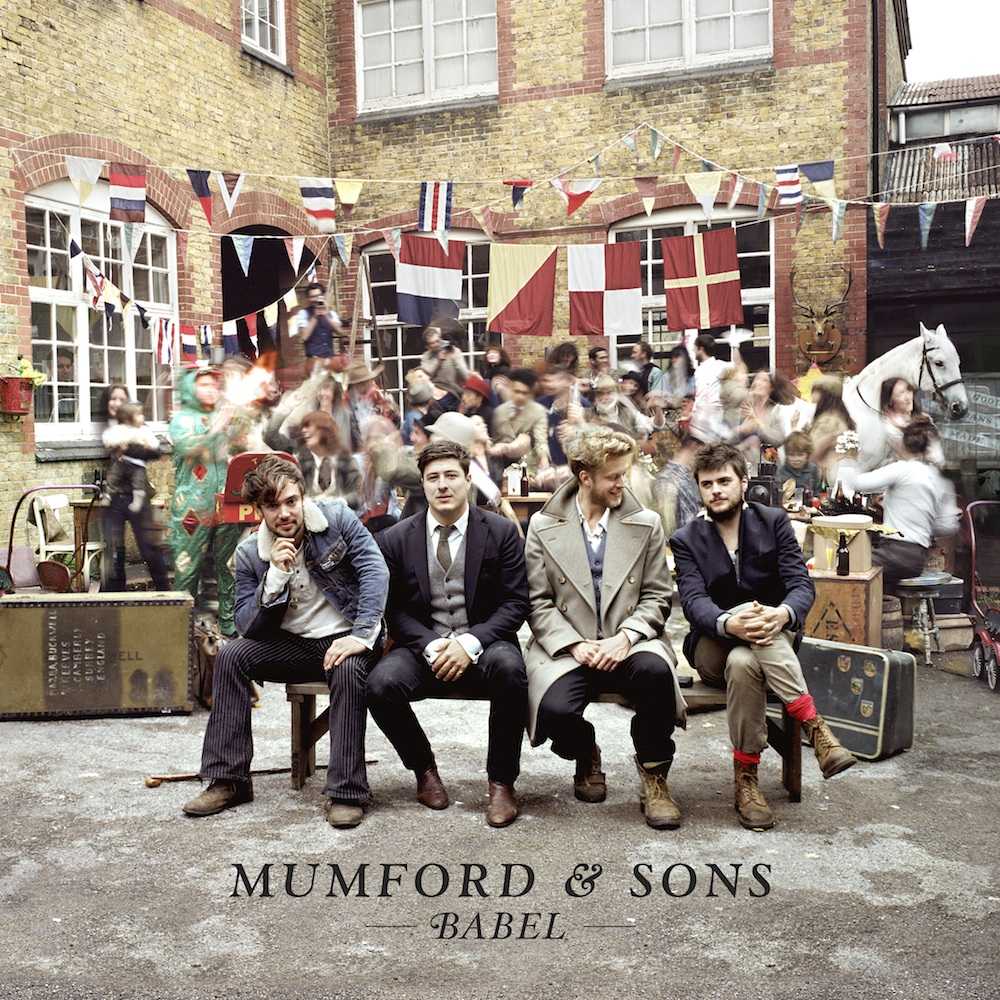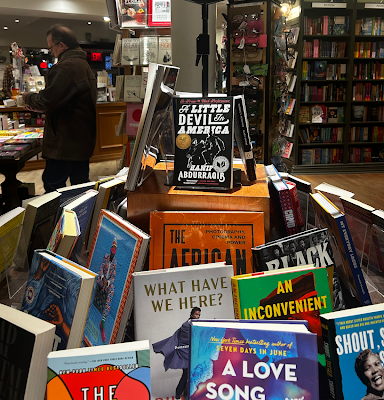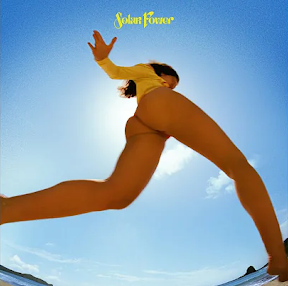At the 2011 Grammy Awards, the already rising stars of the band Mumford and Sons appeared alongside folk-legend Bob Dylan at the Grammy Awards. On Sept. 22, the four-member band from England had the spotlight to themselves on “Saturday Night Live” to promote their second studio album, Babel.
Mumford and Sons have enjoyed mainstream success since the release of their first album, Sigh No More in 2010. Hits like “Little Lion Man” and “White Blank Page” have become hits with the band’s massive following around the world (2.4 million copies sold in the United States alone).
Babel’s first single, “I Will Wait”, set the tone for the album but also brought back the familiar sounds of the first album. They seemed to have mastered the art of harmonizing both the voices of all four members, as well as an extensive list of instruments (acoustic guitars, mandolins, keyboards, accordions, drums, basses and even a dobro.) Although many of the tracks feature the same repeating melody, it’s lead singer, Marcus Mumford’s, chilling voice and heartfelt lyrics that make this album truly unique and sets it apart from the current music scene.
One of the trademarks of the band, is their rise from soft acoustic strums to a sudden rapid progression of the acoustic guitars as well as the banjos and accordions, which is followed for a majority of the tracks.
Mumford plays the role of a heartbroken troubadour for most of the album, uttering lyrics such as “With your heart like a stone/ you spare no time in lashing out,” in “Holland Road.” The same theme follows in songs such as “Whispers in the Dark” “Reminder” and “Not with Haste.”
The band also gets their inspiration for these lyrics from places such as religion (“But I was told by Jesus/ All was well/ So all must be well” in “Below my Feet”) and Shakespeare (“‘Cause there’s no drink/ Or drug I’ve tried/ To rid the curse of these lover’s eyes” in “Lover’s Eyes”. Romeo and Juliet anyone?)
In many ways, Mumford and Sons are the stars that should have never been. In an age where the music scene is dominated by auto-tune and electronically engineered trash, they have found a way to make the sounds of banjos and accordions into a mainstream hit. Despite similar sounding melodies and an overall repeating theme throughout the fifty minutes of the album, Mumford and Sons have now become the modern day saviors of music; following in the footsteps of the star they once shared the stage with.












